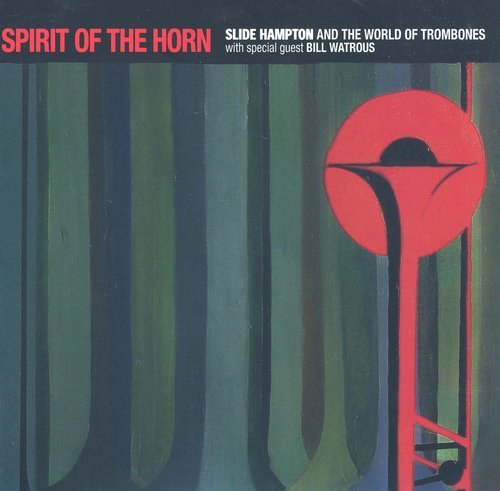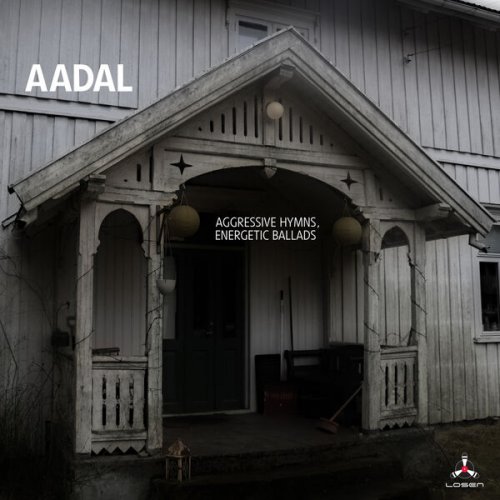Prague Piano Duo - Ludwig van Beethoven: Works for Piano Duet (2023) [Hi-Res]

Artist: Prague Piano Duo
Title: Ludwig van Beethoven: Works for Piano Duet
Year Of Release: 2023
Label: Praga Digitals
Genre: Classical
Quality: flac lossless (tracks) / flac 24bits - 96.0kHz +Booklet
Total Time: 01:17:04
Total Size: 298 mb / 1.22 gb
WebSite: Album Preview
TracklistTitle: Ludwig van Beethoven: Works for Piano Duet
Year Of Release: 2023
Label: Praga Digitals
Genre: Classical
Quality: flac lossless (tracks) / flac 24bits - 96.0kHz +Booklet
Total Time: 01:17:04
Total Size: 298 mb / 1.22 gb
WebSite: Album Preview
01. Sonata for Keyboard Four Hands in D Major, Op. 6: I. Allegro molto
02. Sonata for Keyboard Four Hands in D Major, Op. 6: II. Rondo moderato
03. 6 Variations on "Ich denke dein" in D Major, WoO 74
04. Three Marches for Piano Four Hands, Op. 45: No. 1 in C Major
05. Three Marches for Piano Four Hands, Op. 45: No. 2 in E-Flat Major
06. Three Marches for Piano Four Hands, Op. 45: No. 3 in D Major
07. 8 Variations on a Theme of Count Waldstein in C Major, WoO 67
08. Symphony No. 7 in A Major, Op. 92 (Arr. for Piano Duet by Hugo Ulrich): I. Poco sostenuto - Vivace
09. Symphony No. 7 in A Major, Op. 92 (Arr. for Piano Duet by Hugo Ulrich): II. Allegretto
10. Symphony No. 7 in A Major, Op. 92 (Arr. for Piano Duet by Hugo Ulrich): III. Scherzo: Presto - Trio assai meno presto - Scherzo: Presto
11. Symphony No. 7 in A Major, Op. 92 (Arr. for Piano Duet by Hugo Ulrich): IV. Allegro con brio
Beethoven left 20 notebooks of variations for keyboard two hands, composed between 1782 and 1823, with the 33 Variations on a theme by Diabelli, Op. 120. His oeuvre for four hands is reduced and curiously neglected, even the final version (Op. 134) of the Great Fugue. He always refused to subscribe to the common practice of the time and let his symphonies be transcribed. Liszt laid hold of them as of 1837, profiting from the possibilities of the modern piano, followed by a number of other pianist-composers. The editions due to Hugo Ulrich (1827-1872), then Xaver Scharwenka (1858-1924) were considered authoritative at the time.




![Bei Bei - Two Moons (2025) [Hi-Res] Bei Bei - Two Moons (2025) [Hi-Res]](https://img.israbox.com/img/2026-02/19/j5lae93g4obtper3un20ilcnv.jpg)



